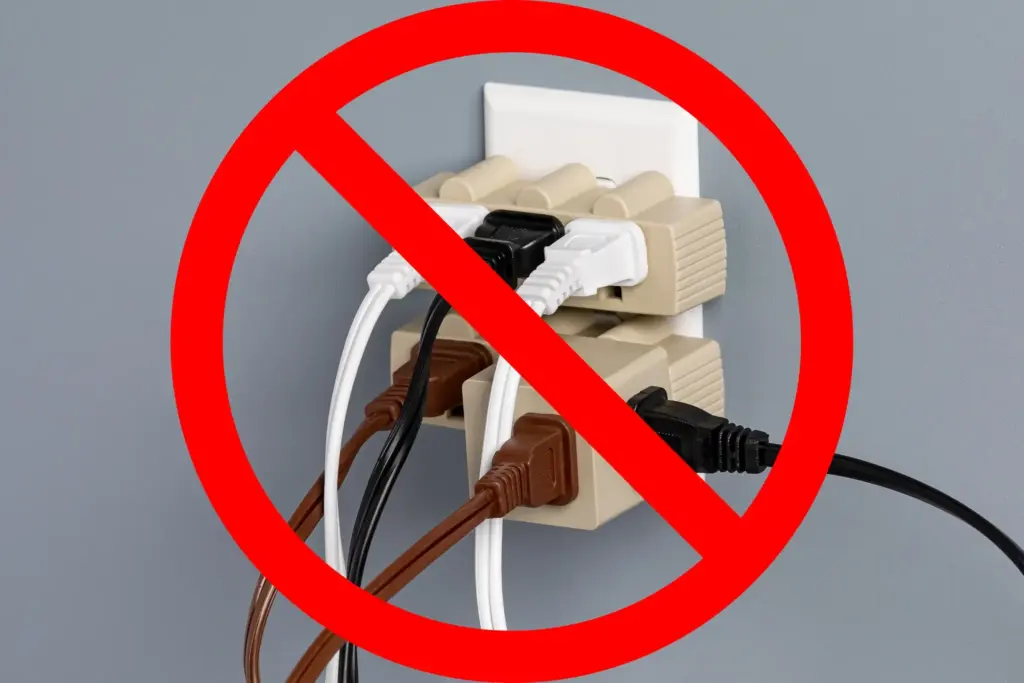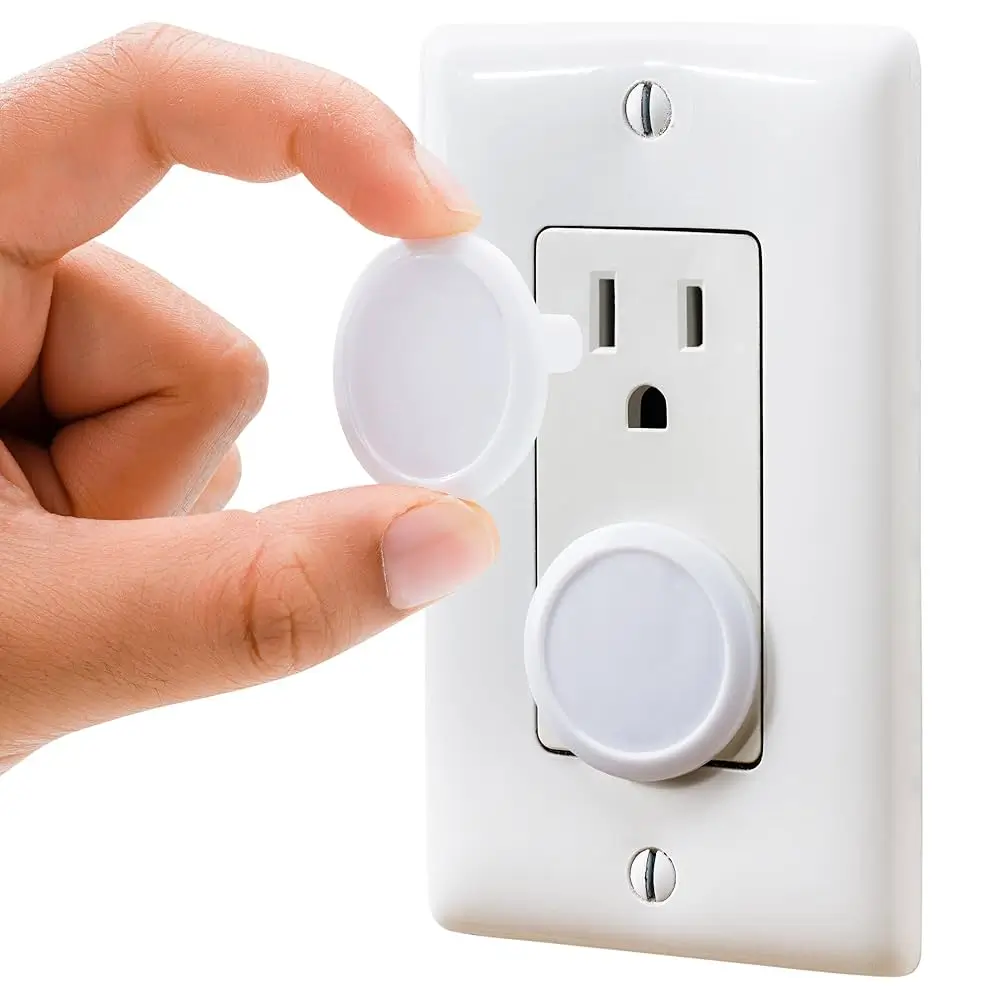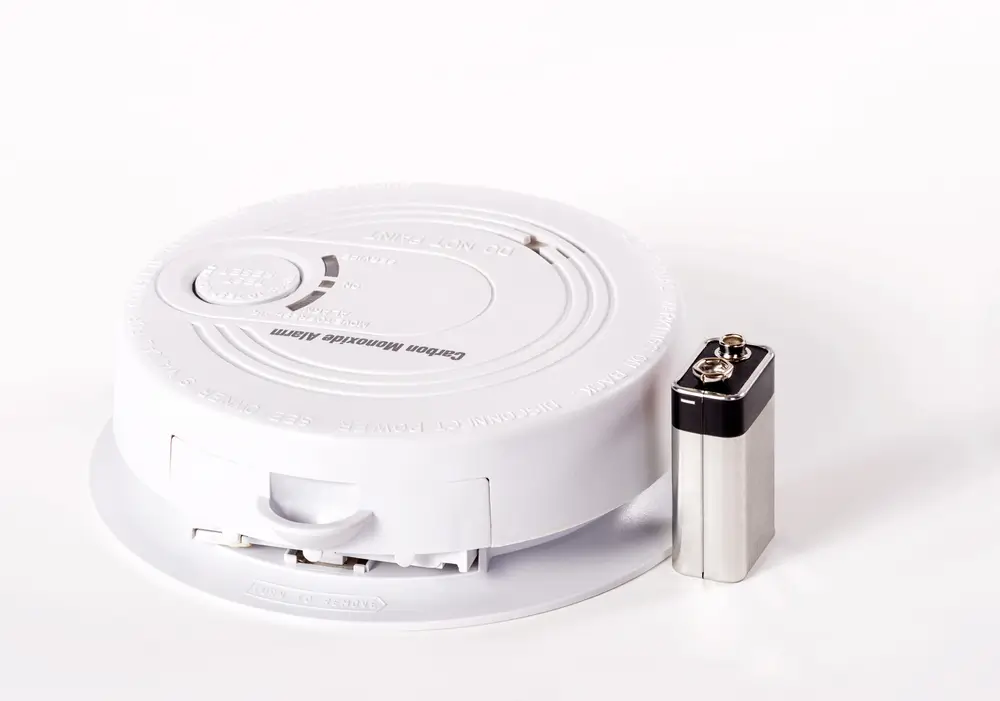Electricity powers nearly everything in our homes — from lighting and appliances to entertainment systems and HVAC units. While it’s essential to modern living, it can also be dangerous if handled improperly. According to the Electrical Safety Foundation International (ESFI), electrical hazards cause more than 50,000 home fires each year in the U.S., many of which could have been prevented with proper awareness and safety practices.
At InstallPros, we believe electrical safety should be a top priority for every homeowner. Here are the most important home electrical safety tips to protect your family, property, and peace of mind.

1. Don’t Overload Outlets
Plugging too many devices into one outlet or power strip can overload circuits, leading to overheating and fires. Use surge protectors where multiple devices are needed and avoid “daisy-chaining” power strips (plugging one into another).
2. Check Cords and Plugs Regularly
Frayed cords, cracked insulation, or bent plugs are serious hazards. Replace damaged cords immediately and never run cords under rugs or furniture where they can overheat.
3. Keep Water Away from Electrical Sources
Water and electricity are a deadly combination. Never touch electrical devices with wet hands, and use GFCI (ground fault circuit interrupter) outlets in kitchens, bathrooms, basements, and outdoor areas.
4. Unplug Unused Appliances
Small appliances like toasters, coffee makers, and chargers still draw power when plugged in. Unplug when not in use to reduce fire risk and save energy.
5. Use the Right Wattage for Light Bulbs
Using bulbs with higher wattage than a fixture can handle may cause overheating. Always check the fixture’s recommended wattage, and consider switching to energy-efficient LED bulbs, which stay cooler.

6. Install Childproof Outlet Covers
If you have children, outlets pose a serious risk. Use tamper-resistant receptacles (TRRs) or safety plugs to keep little fingers safe.

7. Test Smoke and Carbon Monoxide Detectors
These devices are your first line of defense in an electrical emergency. Test monthly and replace batteries every six months. Replace smoke detectors every 10 years.
8. Don’t DIY Major Electrical Work
While changing a light bulb or swapping out a lamp is safe, more complex projects like wiring, panel upgrades, or EV charger installation should be left to professionals. Hire licensed electricians, like those at InstallPros, to ensure safe, code-compliant work.
9. Know the Warning Signs of Electrical Problems
Early signs of electrical trouble shouldn’t be ignored. Watch for flickering or dimming lights, burning smells near outlets or switches, frequent breaker trips, or warm and discolored outlets. If you notice these issues, schedule an inspection with InstallPros immediately.
10. Schedule Regular Electrical Inspections
Even if everything looks fine, hidden wiring issues can pose risks. Have your home’s electrical system inspected every 5–10 years, or sooner if you live in an older house. InstallPros offers comprehensive inspections to identify hazards before they become emergencies.
Final Thoughts
Electrical safety starts with awareness and simple habits, but for larger projects or suspected issues, professional expertise is essential. By following these safety tips and relying on experts when needed, you can keep your home powered safely and efficiently.
At InstallPros, we provide trusted electrical services — from inspections and repairs to full installations — so you can rest easy knowing your home is in safe hands.
Frequently Asked Questions (FAQs)
1. How often should I have my electrical system inspected?
Every 5–10 years, or more frequently for older homes or those with heavy electrical use.
2. Are power strips safe for everyday use?
Yes, as long as you don’t overload them. Always use strips with surge protection.
3. What should I do if my breaker trips frequently?
Frequent trips indicate an overloaded circuit or wiring issue. Contact InstallPros for an inspection.
4. Can I replace outlets myself?
While it’s possible, hiring a licensed electrician ensures the work is done safely and up to code.
5. What’s the biggest electrical hazard in homes?
Overloaded circuits and outdated wiring are leading causes of electrical fires.


